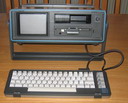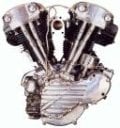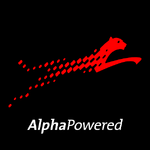Hi! New here. New to SGI. I recently acquired a beautiful Indigo which I would like to get working. I have Irix 6.5 downloaded and I have an external Apple SCSI CDROM (i hope it works).
Anyways, I'm in need of a hard disk for the machine. I'm reluctant to pay for a 20+ year old SCSI disk from eBay. Are there any alternative, affordable, methods of using an SD or CF card adapted to the 50-pin SCSI which will work? If not, what about adapting to an IDE disk?
I've seen some adapters online, ranging from $70 to $90. I'm hoping to find something a little closer to $10 or $20, though.
Bonus Q: Can I use my Sun mini din-8 keyboard and mouse with an SGI?
Anyways, I'm in need of a hard disk for the machine. I'm reluctant to pay for a 20+ year old SCSI disk from eBay. Are there any alternative, affordable, methods of using an SD or CF card adapted to the 50-pin SCSI which will work? If not, what about adapting to an IDE disk?
I've seen some adapters online, ranging from $70 to $90. I'm hoping to find something a little closer to $10 or $20, though.
Bonus Q: Can I use my Sun mini din-8 keyboard and mouse with an SGI?
http://facebook.com/savethemachine
-
http://savethemachine.org
: Preserving yesterday's technology for tomorrow's generation.












 || Apple PowerMacintosh G4 QS & MDD || Sun Ultra 20 || Sun SparcStation IPX || INMOS B004 Transputer board
|| Apple PowerMacintosh G4 QS & MDD || Sun Ultra 20 || Sun SparcStation IPX || INMOS B004 Transputer board












